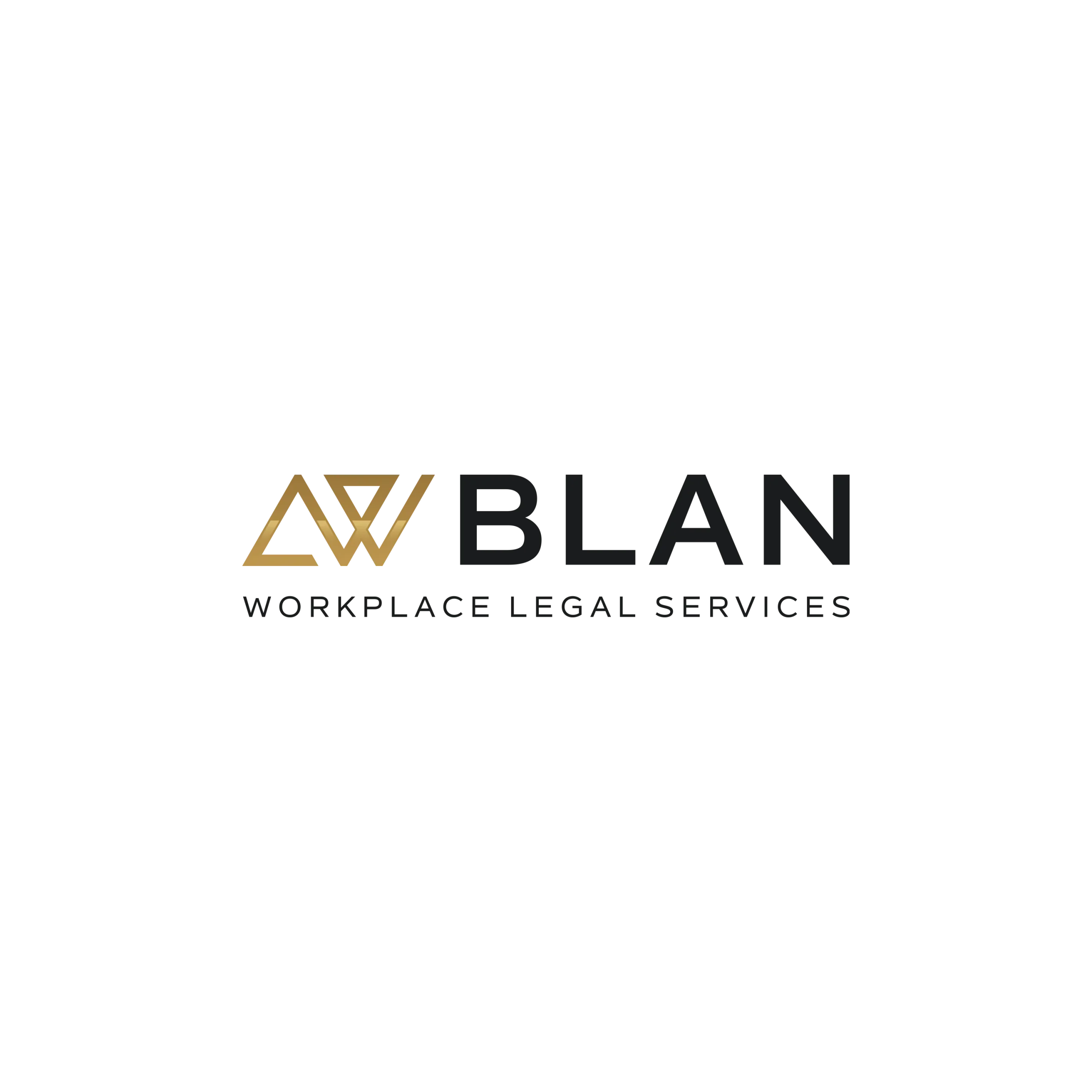FAQs About Conducting Workplace Investigations:
- What should be done if evidence is being tampered with?
- Secure any physical or electronic evidence immediately, involve IT or security teams if needed, and document your actions thoroughly to protect the investigation’s integrity.
- Who should conduct a workplace investigation?
- The investigator should be neutral, have experience with employment laws and HR policies, and be free from any conflicts of interest.
- Can the investigator ensure total confidentiality?
- While confidentiality is crucial, absolute confidentiality cannot be guaranteed due to legal requirements for disclosure in certain cases. However, sensitive information should be handled carefully.
- How long should a workplace investigation take?
- The length of an investigation depends on the complexity of the case, but it should be conducted as quickly as possible without compromising thoroughness.
- What should be included in the final investigation report?
- The report should cover the allegations, interviews, evidence, findings, and recommended actions, ensuring it’s comprehensive enough to withstand legal scrutiny if needed.
- What steps should be taken to prevent retaliation?
- Ensure that all parties understand retaliation is strictly prohibited, monitor the workplace for signs of it, and take immediate action if any retaliation occurs.
- What are the risks of not conducting a proper workplace investigation?
- Failing to conduct a thorough investigation can result in legal consequences, reputational damage, and a toxic workplace environment.



